So, you've gone through the initial appeal process for your Clayton County, Georgia property tax assessment—but you're still not satisfied with the outcome. The natural question is: Can you appeal again?

So, you've gone through the initial appeal process for your Clayton County, Georgia property tax assessment—but you're still not satisfied with the outcome. The natural question is: Can you appeal again?
In Cobb County, Georgia, property reassessments are conducted to ensure that property values reflect current market conditions. This process, mandated by Georgia law, requires that properties be assessed at their fair market value (FMV) as of January 1 each year.
When it comes to appealing your DeKalb County property taxes, you have two primary methods for filing: online and by mail. 1 Each has its own set of advantages and disadvantages. Here's a breakdown to help you determine the best way for you:
Determining if Fulton County has over-assessed your property requires a meticulous review of your Annual Notice of Assessment and a comparison with current market data. Here's a comprehensive guide to help you identify potential over-assessment:
The process of appealing your DeKalb County property tax case to Superior Court occurs after you've received a final decision from the DeKalb County Board of Equalization (BOE) and you disagree with that decision. Here's a breakdown of what understanding the Superior Court appeal process entails:
Successfully navigating a hearing before the Clayton County Board of Equalization (BOE) is a crucial step in your property tax appeal. This formal proceeding gives you the opportunity to present your case and supporting evidence directly to an impartial panel of local citizens.
After submitting your property tax appeal in Clayton County, Georgia, it's natural to wonder what comes next and how long the process will take. Once your appeal is received by the Clayton County Board of Assessors, your case enters a multi-step process that could span several months.
Receiving your annual DeKalb County Property Tax Assessment Notice can feel a bit daunting. It's packed with numbers and legal jargon, but understanding each section is crucial for ensuring your tax bill is fair and accurate. This comprehensive guide will break down each line item, empowering you to interpret your notice and make informed decisions.
When appealing your property tax assessment in Fulton County, Georgia, you have two primary options: filing online through the official portal or submitting your appeal via mail or in person. Each method has pros and cons in terms of convenience, speed, documentation, and confirmation of receipt.
If you've filed a property tax appeal in Cobb County, Georgia, it's important to know what happens next. This guide outlines the typical steps and timelines involved in the appeal process.